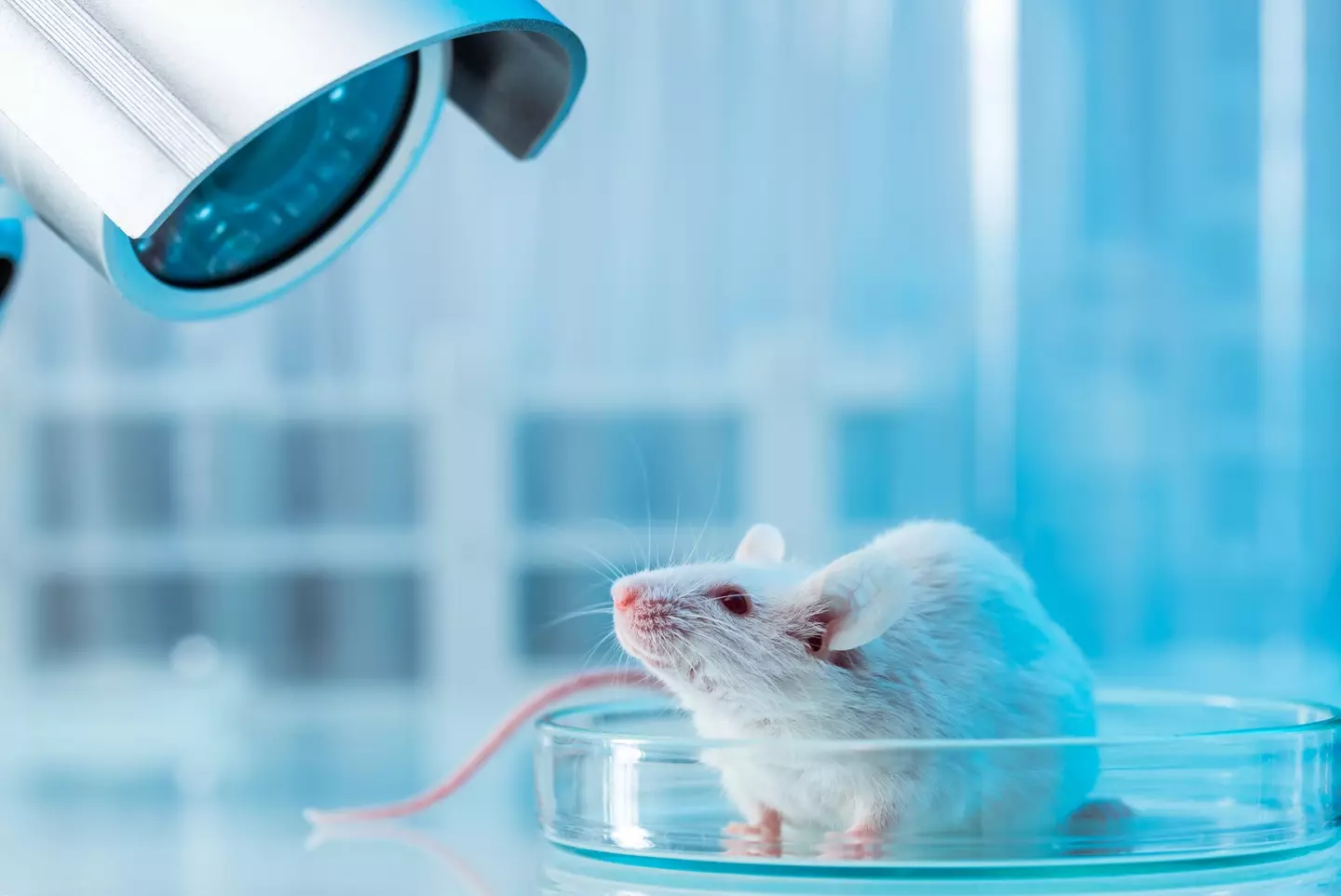
For some of us, the dessert menu can’t come soon enough. Citing the ‘dessert stomach’ these lucky people can jump from their main course to their dessert with next to go break.
The rest of us can only watch them eat it in semi-nauseous jealousy, wishing the slice of cheesecake had been offered an hour later.
For those gifted with the dessert stomach, it turns out there’s more to the idea than hearsay or simple gluttony.
Some researchers from Germany’s Max Planck Institute for Metabolism Research reckon they’ve landed on why so many of us can ‘make room’ for dessert, and it’s got something to do with the relationship between sugar and the brain.
Advert

It’s not to be confused with Pinky and the Brain, whose relationship is entirely different, but the study did involve mice.
The researchers examined how mice react to sugar when they’ve had a full meal, and found ‘completely satiated mice still ate desserts’.
POMC neurones kicked in as soon as the mice were given sugar, reinvigorating their appetite. Whilst eating sugar, their bodies create their own opiates, too: the ß-endorphin. No, we don’t know how to pronounce that either.
"This acts on other nerve cells with opiate receptors and triggers a feeling of reward, that causes the mice to eat sugar even beyond fullness," said the study.
Apparently, the opioid pathway only 'specifically activated when the mice ate additional sugar', not whilst eating 'normal or fatty food.'
Even perceiving the sugar without eating it was enough to trigger the opioid pathway.
When researchers blocked this pathway, the mice weren’t interested in the extra sugar.
Now, you may have noticed that mice aren’t humans. Studies on mice can point us in interesting directions, but they don’t indicated a one-to-one relationship with human responses.
However, the study noted that the same region of the human brain featuring 'many opiate receptors close to satiety neurons' reacted similarly to the extra sugar.

Dr Henning Fenselau, lead author of the study, explained: "From an evolutionary perspective, this makes sense: sugar is rare in nature, but provides quick energy.
"The brain is programmed to control the intake of sugar whenever it is available."
Fenselau continued: "There are already drugs that block opiate receptors in the brain, but the weight loss is less than with appetite-suppressant injections.
"We believe that a combination with them or with other therapies could be very useful. However, we need to investigate this further."
As to why some people aren't as gifted with the 'dessert stomach' as others, it's anyone's guess.
